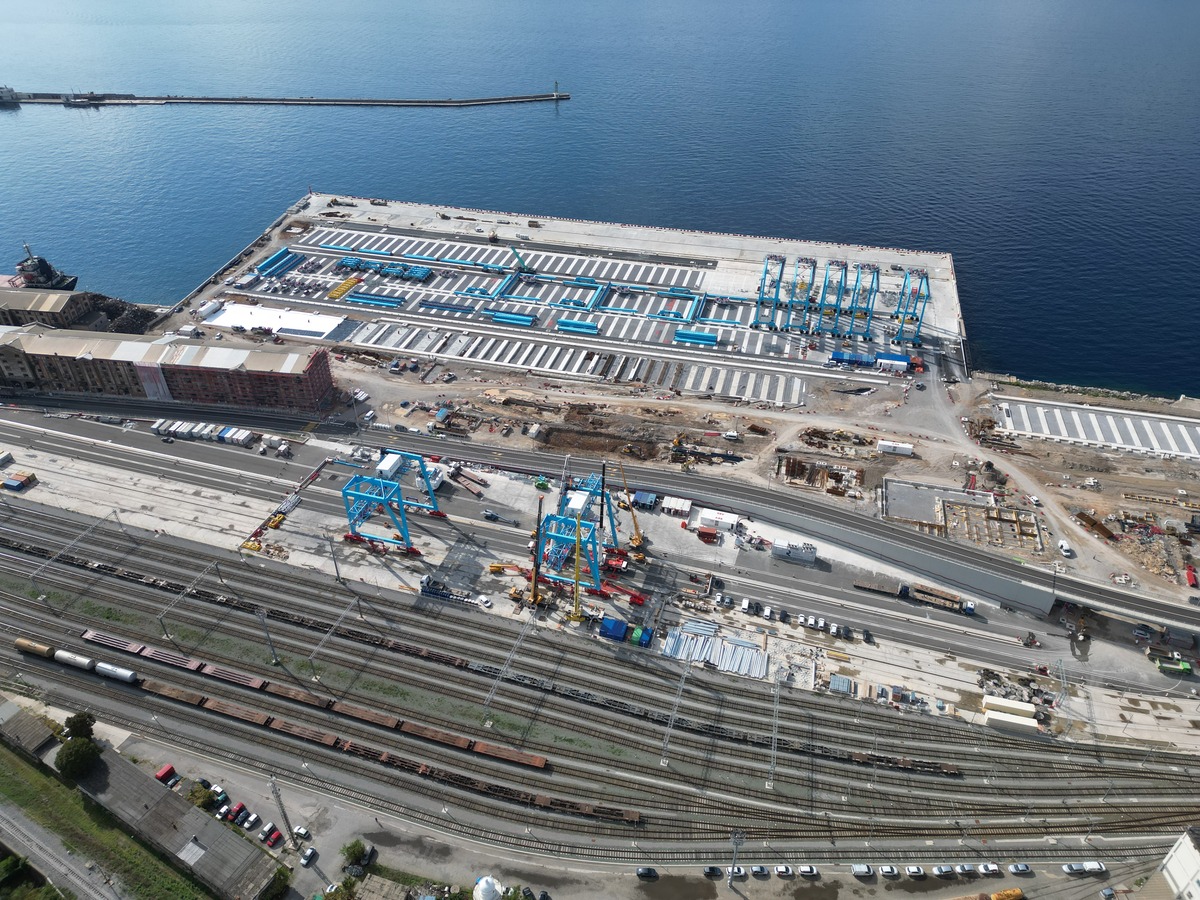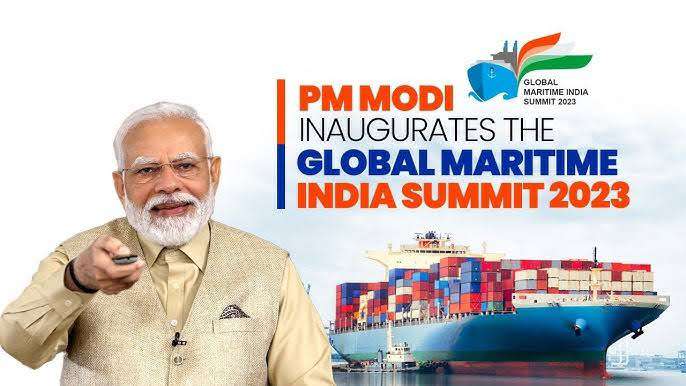India’s commitment to decarbonizing its maritime sector took center stage at the Conference on Maritime Decarbonization, co-hosted by the Ministry of Ports, Shipping & Waterways (MoPSW) and the Asian Development Bank (ADB). The conference gathered over 200 delegates, including leaders from major Indian ports, government officials, industry stakeholders, international experts, and academia, to discuss green shipping, sustainable port operations, and future strategies for achieving net-zero carbon emissions by 2070.
Strategic Initiatives and Green Transition Guidelines
In his keynote address, T.K. Ramachandran, Secretary, MoPSW, emphasized India’s determination to transform its maritime sector. He stated, “Through initiatives like the Harit Sagar Green Port Guidelines and Harit Nauka Green Transition Guidelines, we are setting a global example in the adoption of green energy, sustainable port operations, and cleaner shipping practices. Our efforts today will define the maritime landscape of tomorrow, ensuring a balance between economic growth and environmental sustainability.”
The conference also aligned with the Maritime India Vision 2030, which focuses on decarbonizing India’s maritime industry through cleaner fuels, green port infrastructure, and sustainable shipping practices.
Key Discussions on Green Ports and Zero-Carbon Fuels
One of the most anticipated sessions focused on Green Ports and Maritime Decarbonization, where experts shared best practices on reducing the carbon footprint of ports. Ajay Kumar Singh, Head of DNV Maritime Advisory India, highlighted how smart ports can enhance energy efficiency through digital tools, while Lawrence Ong, Deputy Director of the Maritime and Port Authority of Singapore, shared Singapore’s experience in decarbonizing its port operations.
Another session spotlighted the role of zero-carbon fuels like green hydrogen and ammonia. Captain Prashant S. Widge of Maersk Line provided insight from a shipowner’s perspective, detailing the global challenges and opportunities in transitioning to alternative fuels. Madhu Nair, CMD of Cochin Shipyard, outlined the Indian experience with cleaner fuels, emphasizing the potential for domestic innovation in maritime decarbonization.
Inland Waterways: A Focus for Sustainable Transport
The role of Inland Waterways (IWT) in reducing emissions was another focal point. R. Lakshmanan, Joint Secretary (IWT), MoPSW, and P.J. Shaji, CGM of Kochi Water Metro, showcased India’s progress in transforming IWT into a sustainable transport mode. Lakshmanan stressed the importance of adopting low-emission alternative fuels and revealed plans for Green Hydrogen Production Ecosystems at major ports.
National and International Collaboration for Decarbonization
Mio Oka, Country Director for India at ADB, reiterated ADB’s support in helping India reduce carbon intensity by 45% by 2030 and achieve net-zero emissions by 2070. ADB has pledged to provide both financial and technical assistance in transforming India’s maritime sector. Hiroaki Yamaguchi, Senior Director of ADB’s Transport Sector, emphasized how decarbonizing ports and enhancing green corridors could position India’s maritime industry as a global leader in sustainable practices.
A Blueprint for the Future
The conference ended with a moderated panel discussion on India’s maritime decarbonization priorities, led by Dr. Yesim Elhan-Kayalar, Advisor, ERDI, ADB. The discussions emphasized the need for ongoing collaboration between government bodies, industry players, and international organizations. Innovative financing models and regulatory frameworks for green shipping and port development were also highlighted as critical components of India’s decarbonization strategy.
The Path Forward
India’s maritime decarbonization is integral to its broader climate and sustainability goals. The National Green Hydrogen Mission, which aims to make India a global hub for green hydrogen production, along with the Harit Sagar and Harit Nauka initiatives, are core elements of the country’s strategy. India’s maritime sector is set to become a key player in the global fight against climate change, with a strong focus on innovation, green energy, and sustainable development.
The insights and commitments made at the conference will shape policies and practices that will lead India’s maritime sector toward a cleaner, greener future, ensuring both economic growth and environmental sustainability.








One thought on “India Charts Course Towards Maritime Decarbonization”